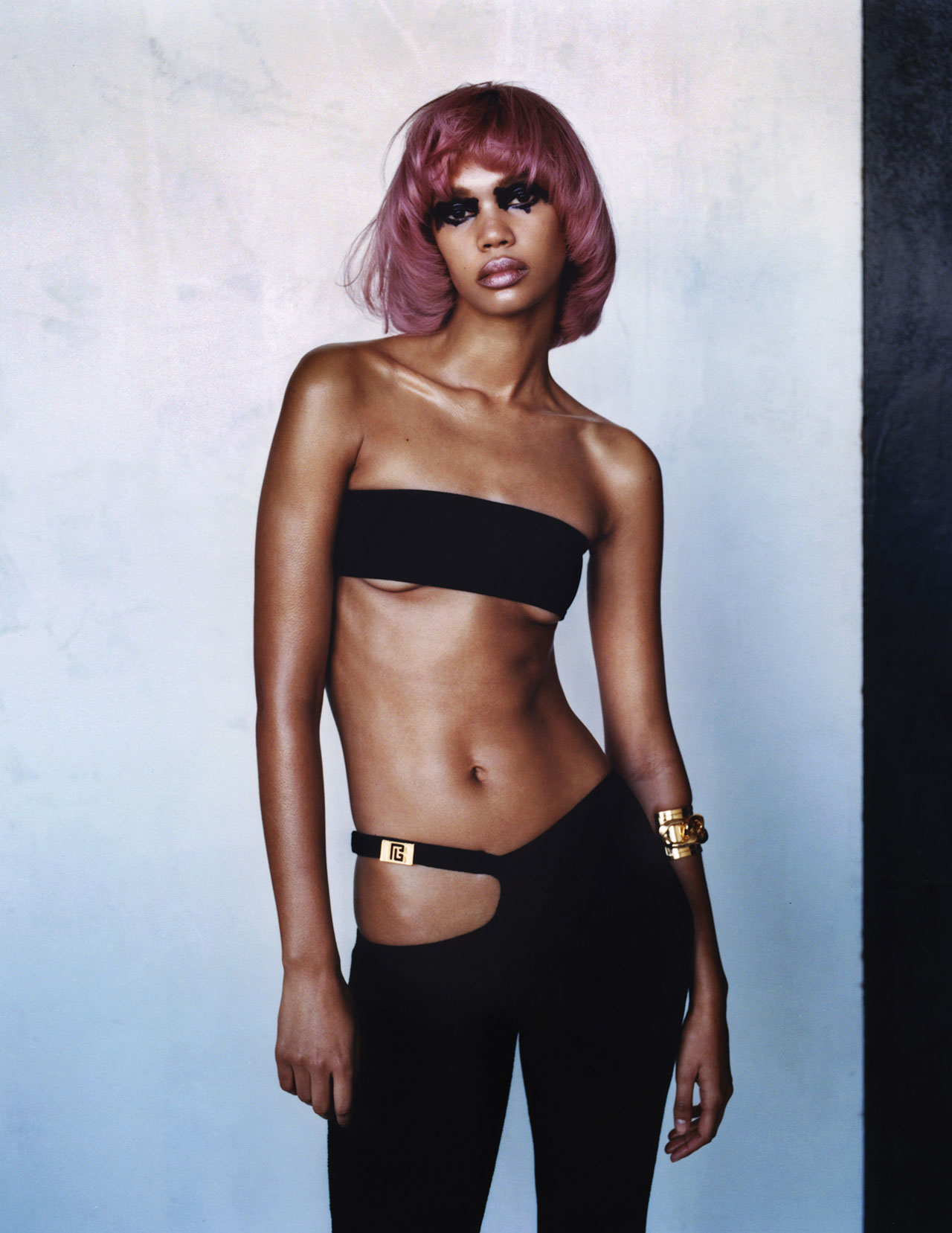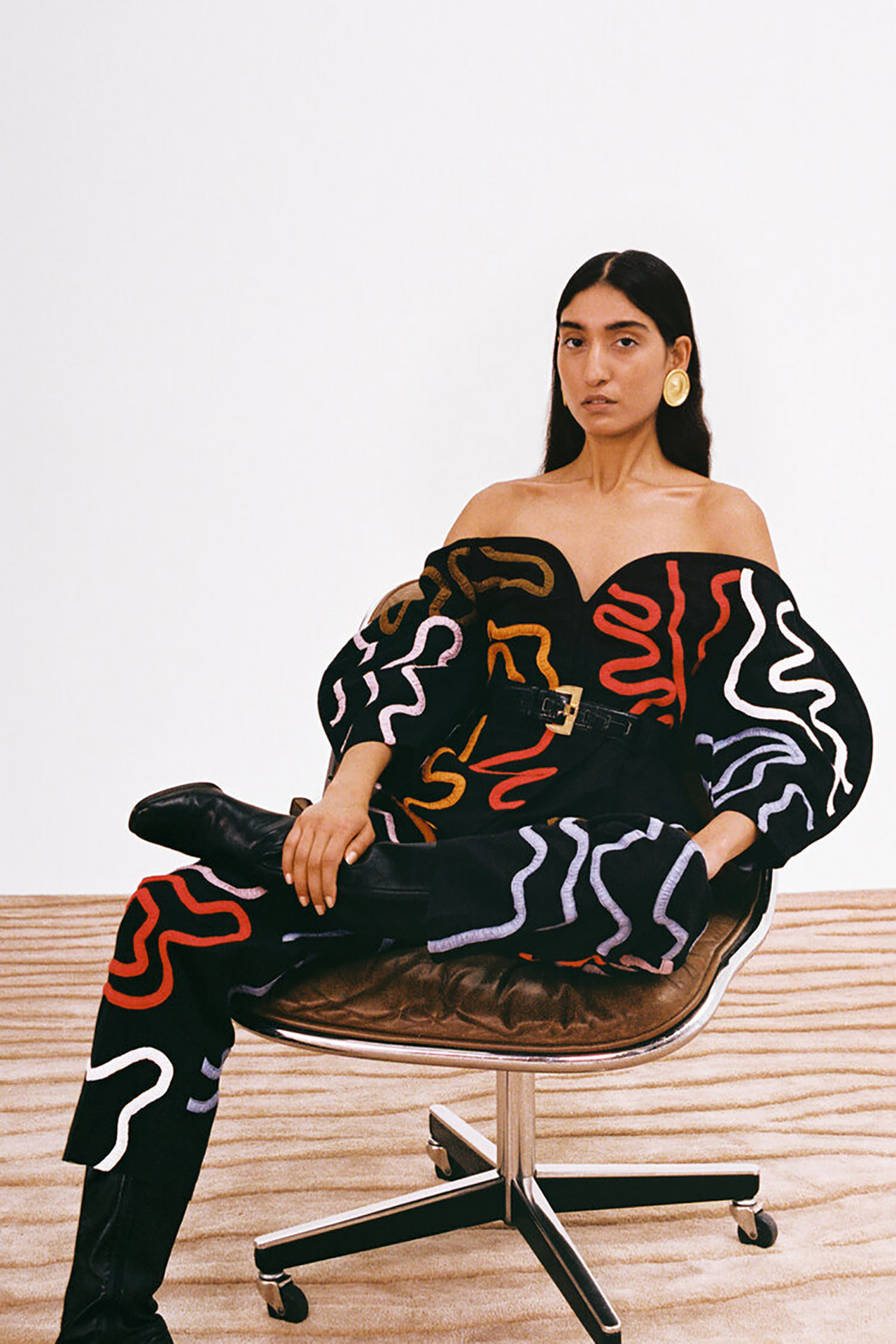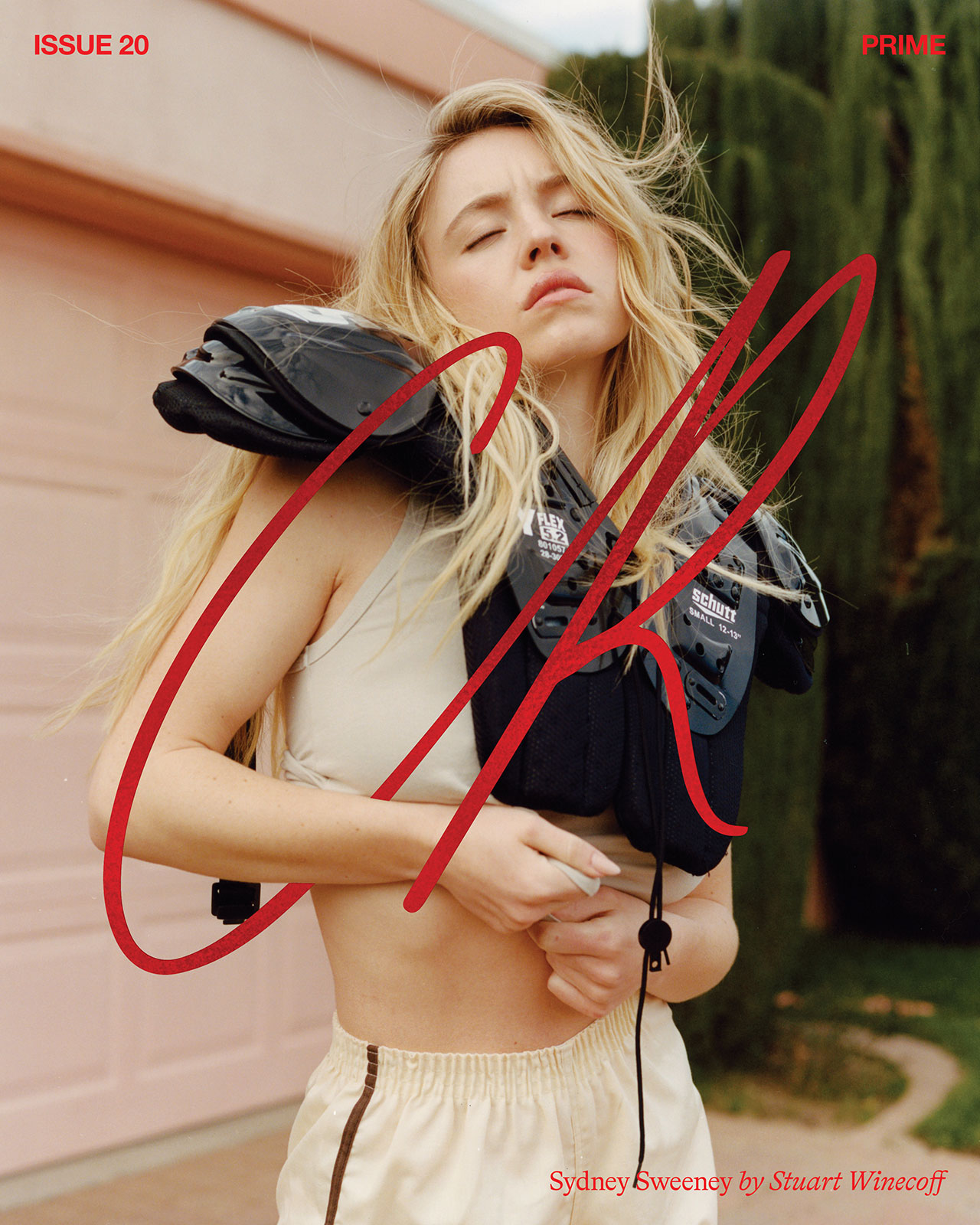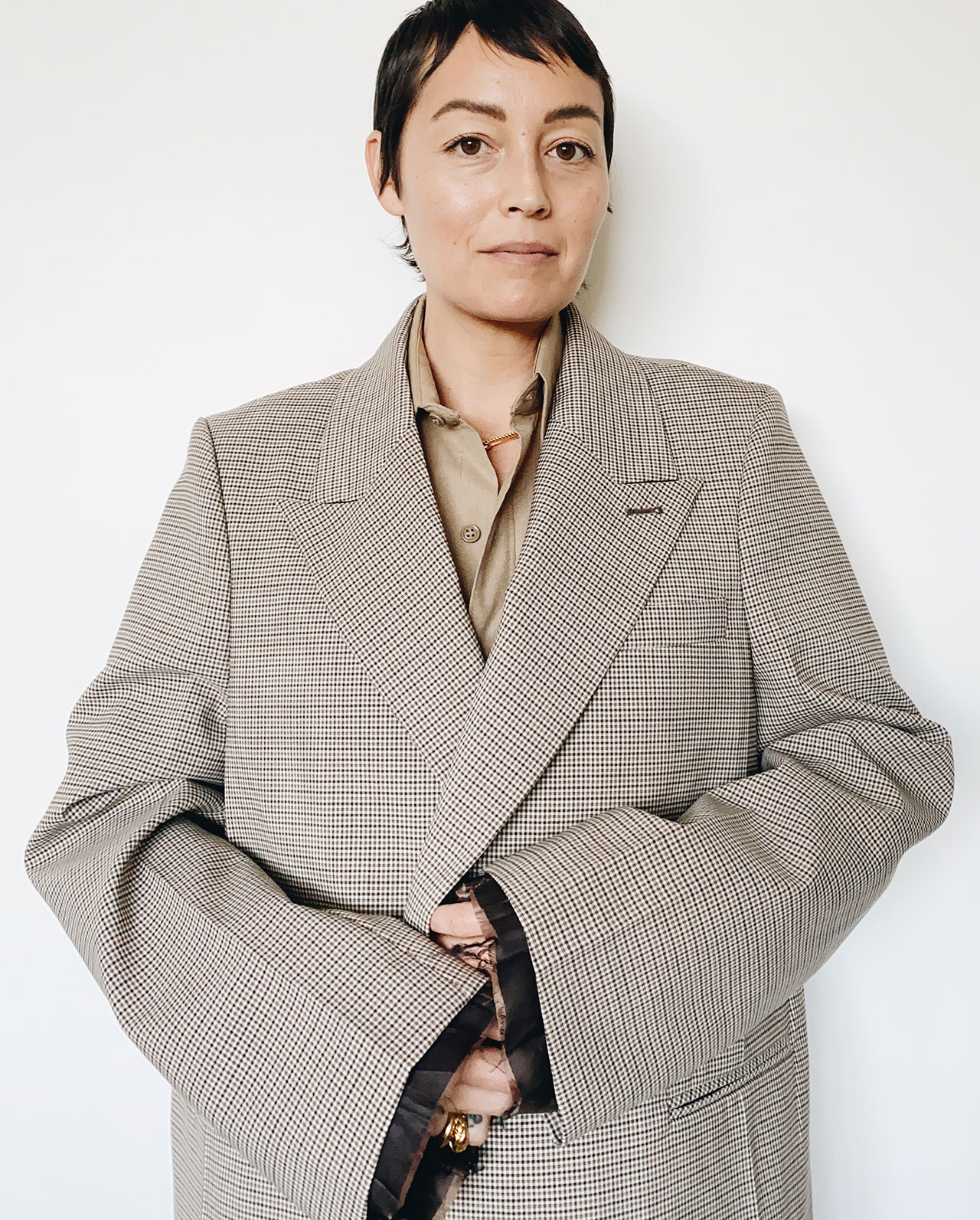Career transitions are common in an industry based on creativity, multi-hyphenates, and dime-a-dozen polyglots. Before Rachael Wang chose fashion styling as her path she had thoughts of being a writer before applying for a fateful internship at W Magazine, which stimulated her interest in “how we perceive, define, and present…to the world.” With a career spanning over a decade, the Chinese American stylist has worked as a fashion market director at Style.com and Nylon, as the fashion director at Teen Vogue, and eventually ventured into entrepreneurship with her consulting company, Rachael Wang Studio. Wang has built her agency with diversity, equity, and sustainability at the forefront, helping clients work intentionally to reduce harm to the environment. Through the years, Wang has aligned with brands like Mara Hoffman, Levi’s, CR Fashion Book, Vogue Italia, and more. Models.com spoke to the creative about the pressure of needing to be perfect as a minority, new designers she’s kept her eye on, and how knowledge inspires her the most.

Photo by Elliot & Erick Jimenez | Image courtesy of Rachael Wang
Were you always interested in styling, and how did you start in the industry?
I am obsessed with identity and how we perceive, define, and present it to the world. Style, of course, plays a vital role in this. I stumbled into my career when I applied for an internship by chance. I had been studying to be a writer.
You ventured into entrepreneurship in 2017 and began Rachael Wang Studio. What first pushed you to start your own business and take us behind the transition into working for yourself rather than a corporation?
I had been working at magazines for over ten years and had gathered so much knowledge and experience, but ultimately I felt I needed to create a new framework that allowed me to work in a much more personal way.
What usually inspires you creatively?
This is so nerdy, but knowledge inspires me the most. The more I know, the freer I feel.

Photo by Sam Nixon | Image courtesy of Rachael Wang
You’re an advocate for sustainable and ethical practices in fashion. How do you incorporate those values into the projects you take on?
Every project provides a different opportunity to incorporate ethics, reduce waste and promote lower-impact practices, but so much of this just starts with kindness and care. The most important thing to me is that my team is able to work in a safe and supportive environment and receive fair wages. We can’t advocate for systemic change in the industry when labor continues to be exploited and undervalued by so many. Then it’s about reducing waste/carbon footprint wherever possible by working in a really edited way — buying less, requesting less, shipping less, saving/reusing packing materials, increasing rental/archival/secondhand/re-use. It’s about supporting brands doing their best to make these changes internally already. It’s about supporting BIPOC designers who, despite historical suppression, continue to honor ancient traditions of sustainability established by their ancestors. It’s time to give the floor back to Indigenous wisdom.
What has been your experience navigating the fashion industry as a Chinese American woman, and how have you seen racial equity grow in positions of power since you first started?
My ethnically ambiguous appearance has protected me from most of the overt racism that my AAPI community experiences. Like anyone else who falls into the “other” category, I’ve felt the pressure of needing to be perfect to participate. The changes we see in the industry are obviously inspiring and highly anticipated. The growth of racial equity we are seeing directly results from the tireless work of generations of BIPOC activists and advocates. I and those who come after me will continue to benefit from their inspired and led movements.
Outside of fashion, how else do you practice eco-living?
I practice veganism, recycling, and taking public transportation. I vote in local elections and support divesting from banks that fund pipelines.

Photo by Mara Hoffman | Image courtesy of Rachael Wang
You’ve been working with Mara Hoffman since 2019, who also incorporates sustainable practices. How important is it for you to align with clients that fit your ethics?
It is delightful to align aesthetically and ethically with the brands I work with, and I am thrilled that I continue to gain more and more of these types of clients every year.
Since the pandemic started, the notion of traditional show season has shifted, with some designers following their own pace. Have any of the brands you work with opted for a more sustainable route in production, supply chain, etc.?
Yes, quite a few brands have moved to a “buy now, wear now” calendar that better suits their customers’ purchase habits. Some brands have moved to a made-to-order model that reduces the big waste issue that results from overproduction.
Are there any new designers/brands you’ve kept your eye on?
No Sesso, Sustainaheaux, Ariadna Becerra, Ben Bennai, Conner Ives, and Jawara Alleyne.

Photo by Stuart Winecoff | Image courtesy of Rachael Wang
There’s a perception that sustainable fashion is expensive. What would you suggest to price cautious consumers looking to be more ethical in their shopping experience?
The most sustainable fashion is wearing the clothes you already own, which is the most affordable option. Next is buying what already exists, whether secondhand, vintage, or thrift, which can also be very budget-friendly.
As you’ve been in the industry for over ten years, what tips would you give to up-and-coming stylists looking to assist?
Building a sustainable career for most self-employed folks is about repeat work. Don’t forget to cherish the people and companies that hire you repeatedly. The industry is competitive, but it’s easy to stand out with a great work ethic, kindness, and enthusiasm. People always ask me where I find my great assistants, but actually, it’s my assistants, in most cases, who find me. Don’t be afraid to reach out to the folks in the industry that you admire and offer up your services.

Image courtesy of Rachael Wang

